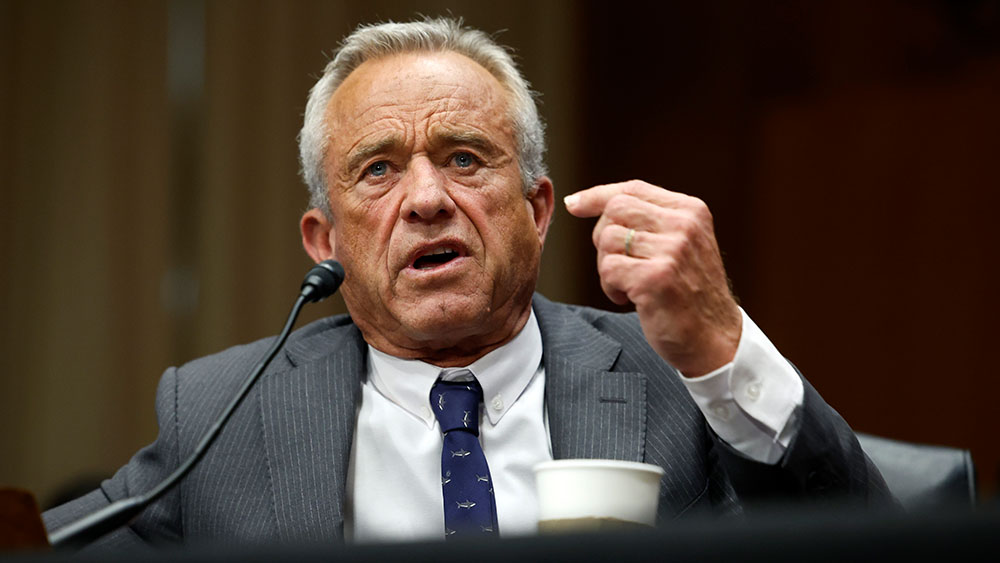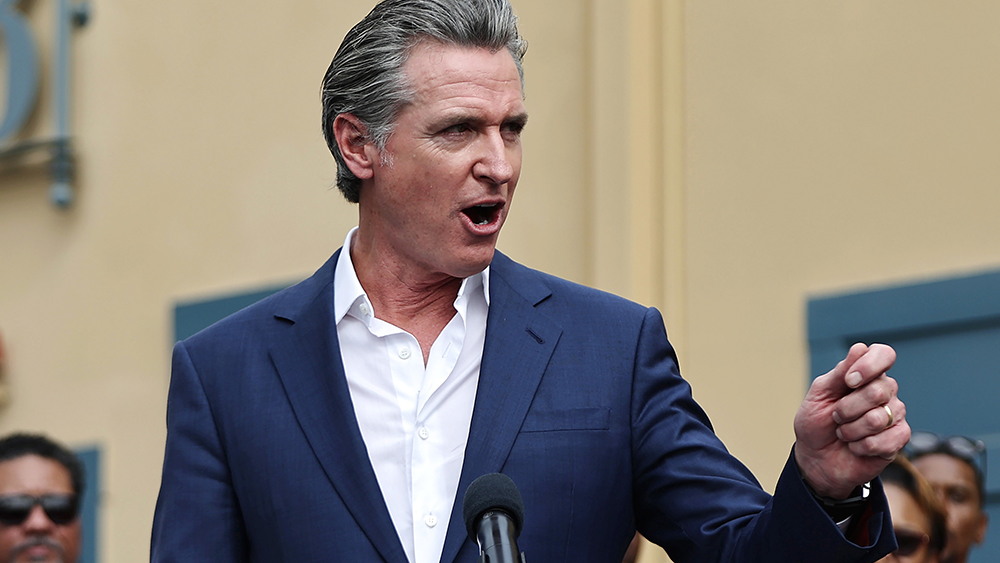 Parler
Parler Gab
Gab
- Citigroup lifts seven-year policy restricting firearm industry services after political backlash.
- Policy, introduced post-Parkland shooting, targeted age restrictions, background checks and certain firearms.
- The reversal follows President Donald Trump’s allegations of partisan banking bias and GOP-led “debanking” controversies.
- Gun rights advocates praise the decision; gun control groups condemn it as threats to public safety.
- Banks deny political motives, citing regulatory compliance over ideology.
The origins of Citigroup’s 2018 firearms policy: Parkland’s aftermath and gun control momentum
Citigroup first adopted the policy in March 2018, weeks after a 19-year-old shooter killed 17 students and staff at Parkland’s Marjory Stoneman Douglas High School. Then-Citi Executive Vice President Ed Skyler emphasized the policy’s “prudent risk management” goal, stating, “As a company, we feel we must do our part” to curb gun violence. The policy required commercial clients to avoid sales to minors under 21, reject bump stocks (infamously used in the 2017 Las Vegas massacre) and restrict high-capacity magazines. However, critics argue such measures disproportionately targeted legal gun retailers without addressing broader systemic issues. Skyler noted in a Tuesday blog post that many retailers had already adopted the “best practices,” rendering the policy redundant. Gun rights advocates swiftly commended Citi’s reversal, framing it as a victory against corporate overreach. Conservative commentator Dan Frieth called the original policy “politically motivated discrimination,” while Citi’s update mirrors broader GOP demands for banks to reject “ideological litmus tests.”Political fallout and the debanking debate: Trump’s influence on bank policies
The policy reversal underscores divisions between corporate America and Republican leaders over financial transparency. Months of GOP rhetoric, fueled by accusations that banks are shutting out conservatives, led President Trump to directly challenge CEOs at the World Economic Forum earlier this year, declaring, “Enough is enough with shutting down conservative accounts.” Bank of America and JPMorgan Chase both denied political bias, insisting closures rely solely on regulatory compliance. “We welcome conservatives and have no political litmus test,” Bank of America spokesperson stated. Citi’s shift also coincides with legislative efforts to prevent “debanking.” Texas recently passed laws barring banks from restricting lawful businesses, and Congress is debating similar protections. Ed Skyler cited these “regulatory developments and federal legislation” as key factors in ending the policy. Gun rights group the U.S. Concealed Carry Association praised the decision, citing “victory over corporate censorship.” However, March for Our Lives, founded by Parkland survivors, condemned the move as a “cav[alier]” prioritization of politics over safety. Executive Director Jackie Corin stated, “Citi just chose appeasing Donald Trump over protecting the lives of kids,” referencing her firsthand Parkland trauma.Broader implications: A crossroads for corporate ethics and political accountability
Citi’s U-turn highlights the growing challenge for banks balancing safety, regulation and political neutrality. While financial institutions insist decisions hinge on compliance, critics argue selective enforcement masks ideological bias. Legal scholars note that corporate anti-gun policies have historically faced little legal challenge, but pending legislation could redefine boundaries. Analysts warn banks to brace for further scrutiny, particularly if state laws like Texas’s gain momentum. The debate also reveals partisan fissures over Second Amendment rights. Supporters of the reversal argue it restores trust in markets, while critics fear reduced oversight jeopardizes safety.A symbolic victory in the culture wars
Citigroup’s reversal is less about commerce than cultural symbolism. By abandoning a politically contentious policy, the bank aligns with GOP rhetoric against corporate influence — and capitalizes on a political moment where Republican voters demand ideological solidarity over risk management. As Citi states, “we do not discriminate on the basis of political affiliation.” Yet the culture war rages on: while gun retailers welcome the policy’s end, gun control advocates vow to press forward with legislative successes. The clash underscores a deeper truth — banking decisions today are increasingly becoming battlegrounds in America’s polarized debate over rights, regulation and political influence. Sources for this article include: ReclaimTheNet.org NBCNews.com Finance.Yahoo.comNavy legal adviser exposed for threatening federal agents in online rampage
By Willow Tohi // Share
Federal judge denies Newsom’s bid to halt military deployment in Los Angeles
By Belle Carter // Share
Trump revamps cybersecurity policy: A new era of digital defense
By Belle Carter // Share
“Lukewarming” challenges the climate change narrative: A new perspective on global warming
By Belle Carter // Share
Governments continue to obscure COVID-19 vaccine data amid rising concerns over excess deaths
By patricklewis // Share
Tech giant Microsoft backs EXTINCTION with its support of carbon capture programs
By ramontomeydw // Share
Germany to resume arms exports to Israel despite repeated ceasefire violations
By isabelle // Share










